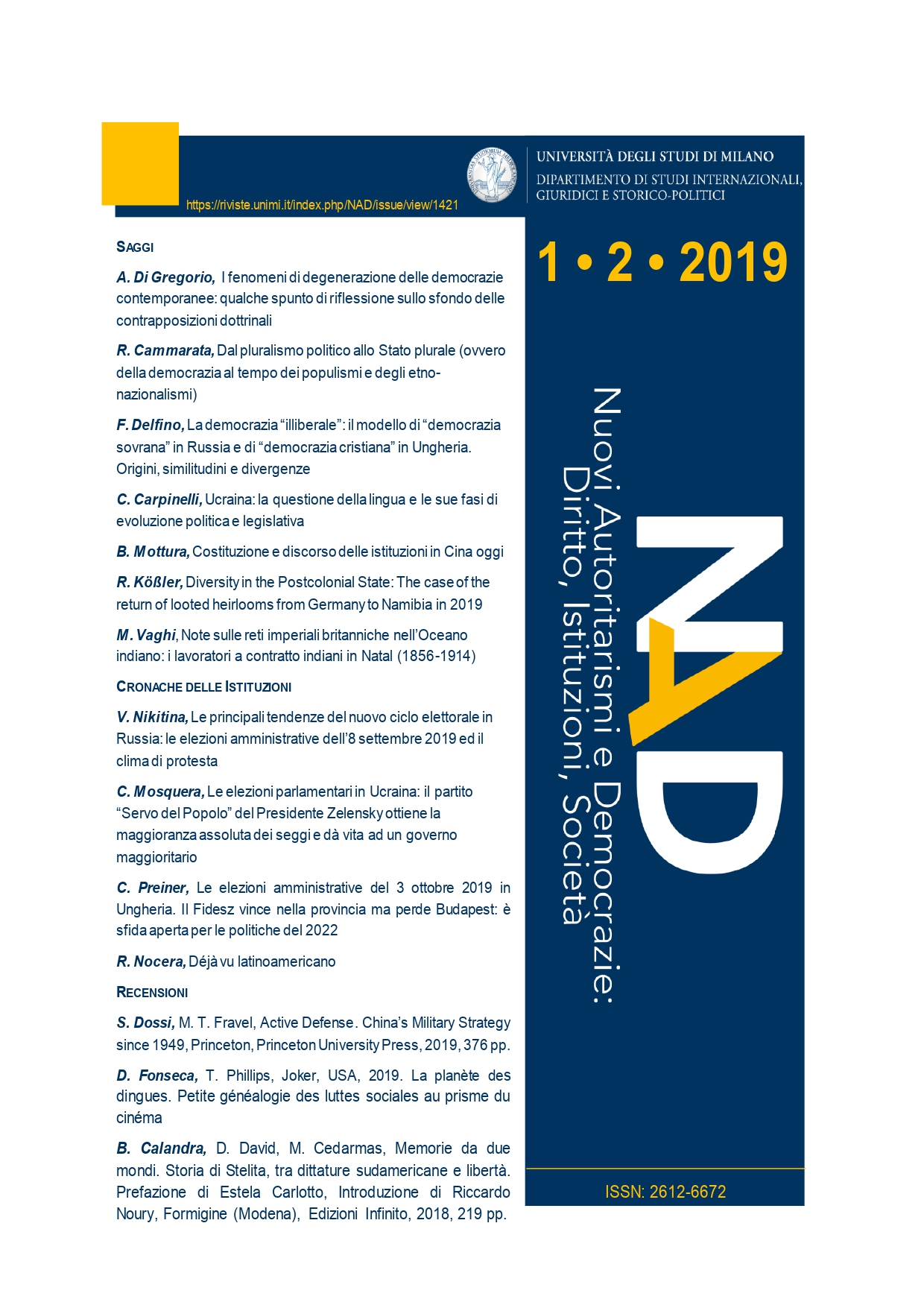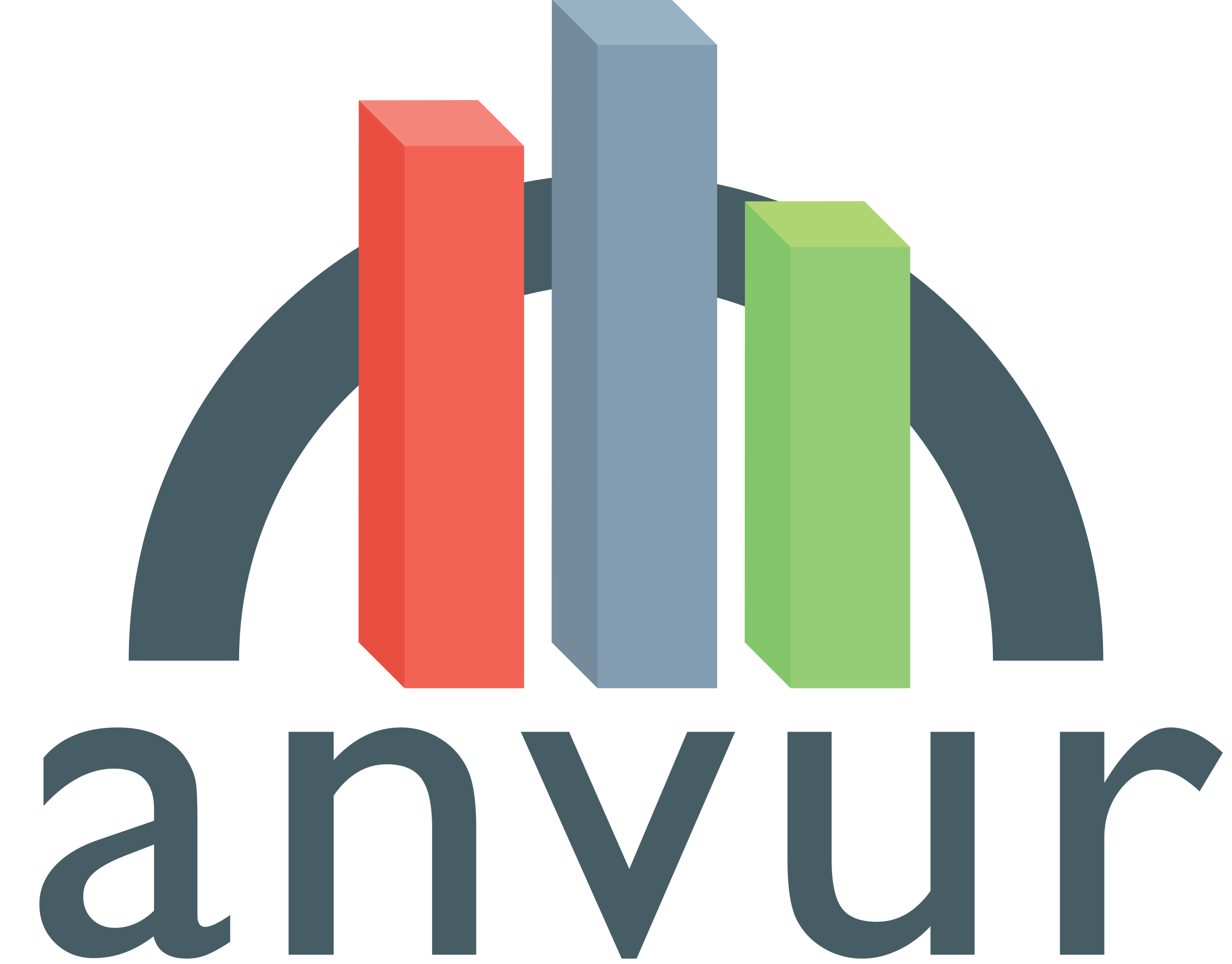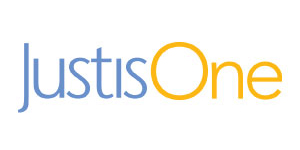Ucraina: la questione della lingua e le sue fasi di evoluzione politica e legislativa
DOI:
https://doi.org/10.13130/2612-6672/12548Abstract
Language policy (LP) in Ukraine has a political and historical context of unique complexity. This article is an attempt to offer an overview of LP in Ukraine between 1989-2019. Within the past 30 years we can identify different directions in state LP reflecting the complex linguistic situation and its fragile balance in the country. Such a complex linguistic situation served as a starting point of any LP activities maintained by the two great - almost equally supported - Ukrainophile and Russophile political camps. But during the nation state building process (after Ukraine gained independence in 1991), the LP and legislation aimed to regulate language use became more and more a target associated with the Russophile political regime, and consequently their days were numbered. After the Euromaidan revolution, Ukraine adopted several policies and laws in support of the Ukrainian language. The most important of them is the recent law “On ensuring the functioning of Ukrainian as the state language”, which greatly expands protection for Ukrainian throughout the territory. This law has been defined by its detractors as a “draconian law” which introduces the “total forced ukrainization”. But beyond legal disputes, the purpose of the law, even if not the only one, is to reverse centuries of Russification, which led to what some term the “linguicide” of the Ukrainian language. In addition to this, in the circumstances of conflict still ongoing between Russia and Ukraine, the support for the Ukrainian language is viewed by many as a national security issue. The article is enriched by sociological surveys conducted in the country over time showing how Ukrainians have supported recent changes in LP and language legislation.










